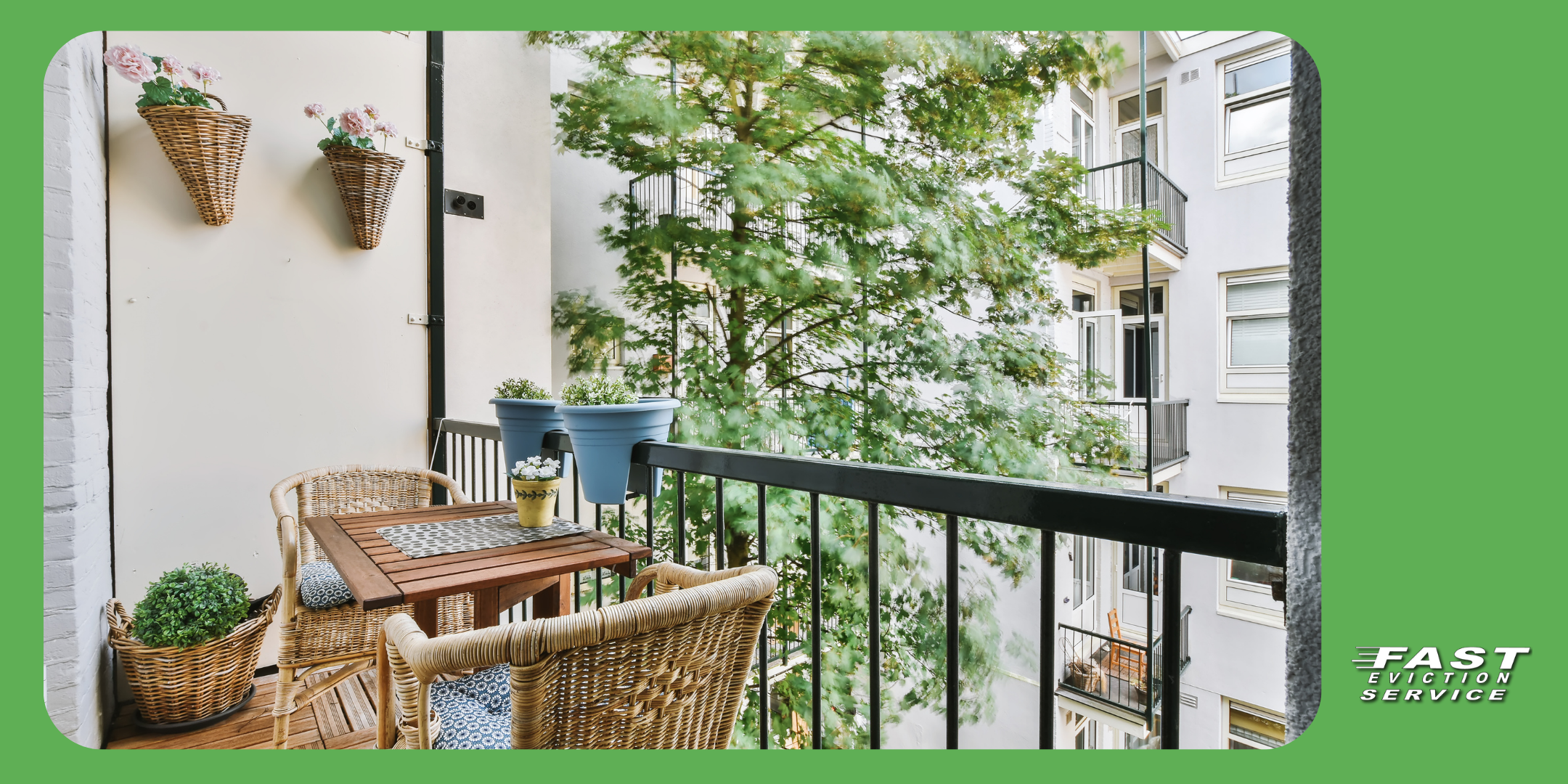Updated 01/17/25
As a result of the tragic death of six people in Berkeley from a residential balcony collapse, the California Legislature in late 2018 enacted Senate Bill 721 that requires the inspection of balconies as well as “exterior elevated elements” with three or more units.

In most cases no immediate action is required on the part of property owners until the mandated deadline of 2025, and then every six years after that.
The collapse of the balcony in Berkeley was the result of the wood framing of the balcony being weakened by dry rot where rain had leaked through the seal of the main building causing the critical load-bearing support to fail. Senate Bill 721 requires an inspection of exterior elevated elements and associated waterproofing elements, including decks and balconies, porches, stairways and entry structures with walkways over six feet off the ground for buildings with three or more multifamily dwelling units.
For the most part condominiums are excluded. However, condominium conversions sold after January 1, 2019 must comply with the new inspection requirements.
The evaluation and assessment shall address each of the following elements on the date of the inspection:
(A) The current condition of the exterior elevated elements.
(B) Expectations of future performance and projected service life.
(C) Recommendations of any further inspection necessary.
The law requires the direct visual evaluation of a least 15 percent of each type of exterior elevated element, and all load-bearing components and associated waterproofing.
Inspections must be performed by licensed civil or structural engineer, architect, General Contractor holding A, B, or C-5 licenses or a certified building inspector not employed in the jurisdiction where the inspection is performed.
The inspection report needs to be delivered to the owner of the building within 15 days if emergency repairs need to be undertaken, as well as to the local enforcement agency. Nonemergency repairs made under these provisions are required to be completed within 120 days.
The law provides significant fines if the repairs are not done within 180 days, and the inspector is required to report the owner to the local enforcement jurisdiction as well as giving notice to the owner this has occurred. If the repairs are not made within 30 days of this notice, the owner faces mandatory fines fixed by the local enforcement agency between $100 to $500 a day unless the owner gets an extension from the agency.
The deadline for the first inspection is 2025, and must be completed every six years after that to comply with the law. Because this is a new law that had several revisions before being passed, it’s best to begin the process well before this deadline to be certain your property is found in full compliance.



